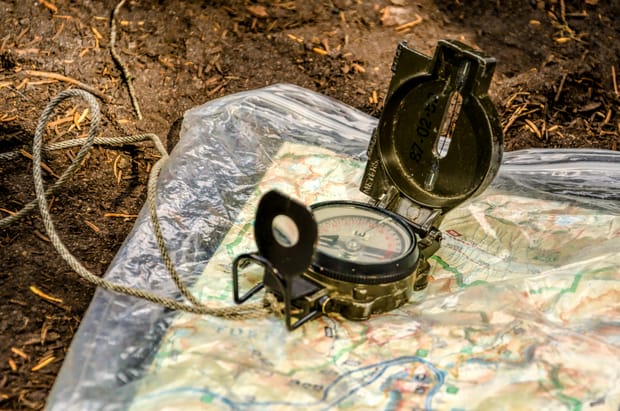Everyday carry changes when you live outside the city. Out here the distance between problems and solutions is wider. A quick walk turns into a job. A simple trip becomes a detour. Weather shifts fast. Tools matter more. A solid EDC setup is not about being dramatic. It is about making the day run smoothly without extra miles or wasted time.
A good rural EDC is built around small items that earn their place. Here is what belongs in it and the real reasons why.
1. A dependable pocket knife
A knife is the single most used tool in the countryside.
You cut twine on hay bales. Open feed bags. Trim a branch blocking a path. Sharpen a stake. Clean mud off boots. Split kindling in a pinch. Slice food when you forget a kitchen knife outdoors. A good knife becomes part of your hand.
The blade does not need to be large. What it needs is strong steel, easy sharpening and a handle that works with cold fingers. Locking mechanisms matter when you work quickly. Traditional slipjoint knives work too, but choose one with a solid spring.
People underestimate how often a knife solves problems. In rural life, it gets used dozens of times before lunch.
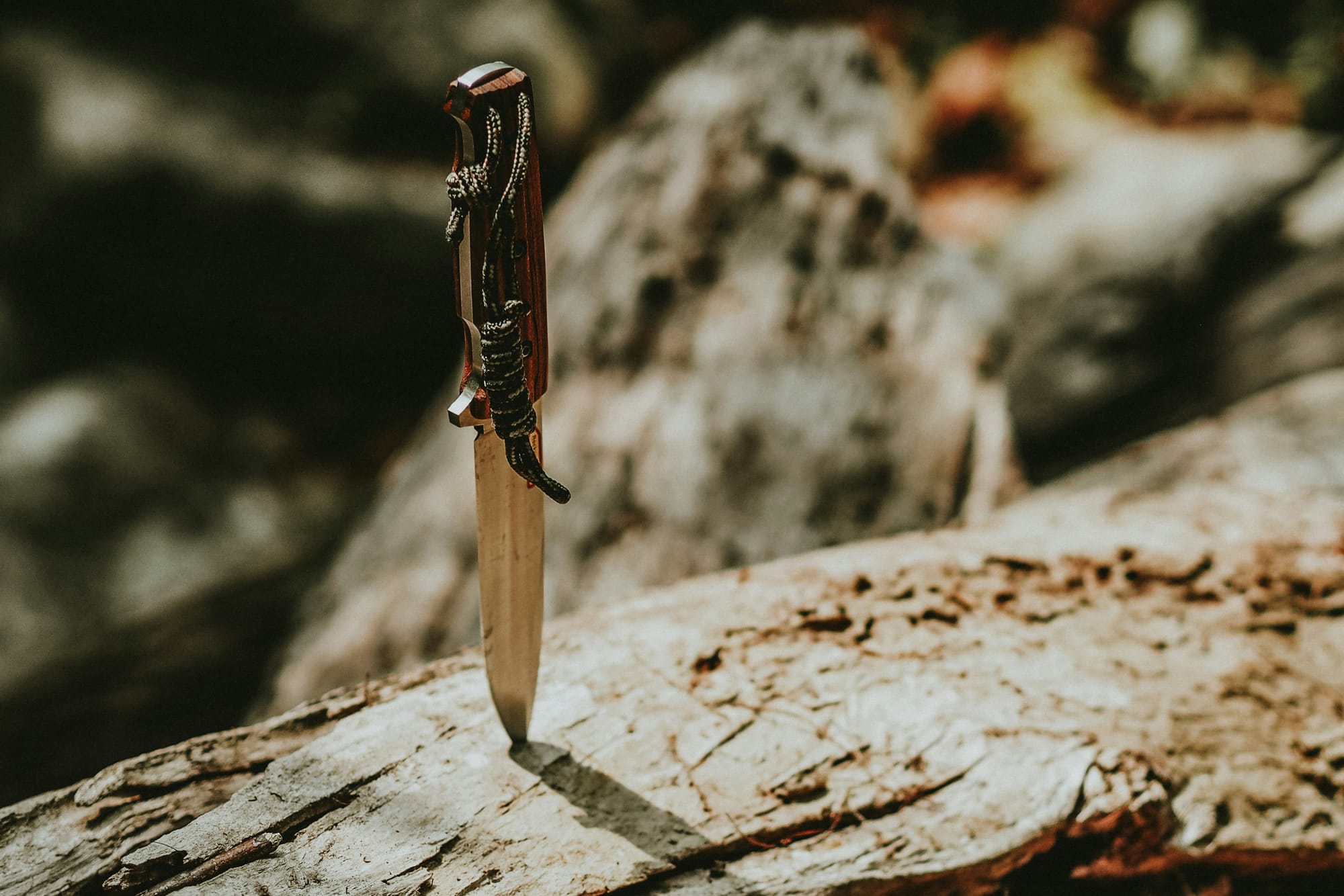
2. A reliable flashlight
In the countryside, darkness is different. There are no streetlights softening the night.
A compact flashlight is essential for checking sheds, barns and cars. It helps you walk uneven ground without twisting an ankle. It finds tools dropped in long grass. It handles power outages, which happen more often the farther you are from a city grid.
Cold weather drains weak batteries fast, so the flashlight you carry must survive real winter. You want a simple interface: one button, steady output, no confusing modes. A light that works every time beats any high-tech gimmick.
A good flashlight becomes part of the rhythm of early mornings and late walks.
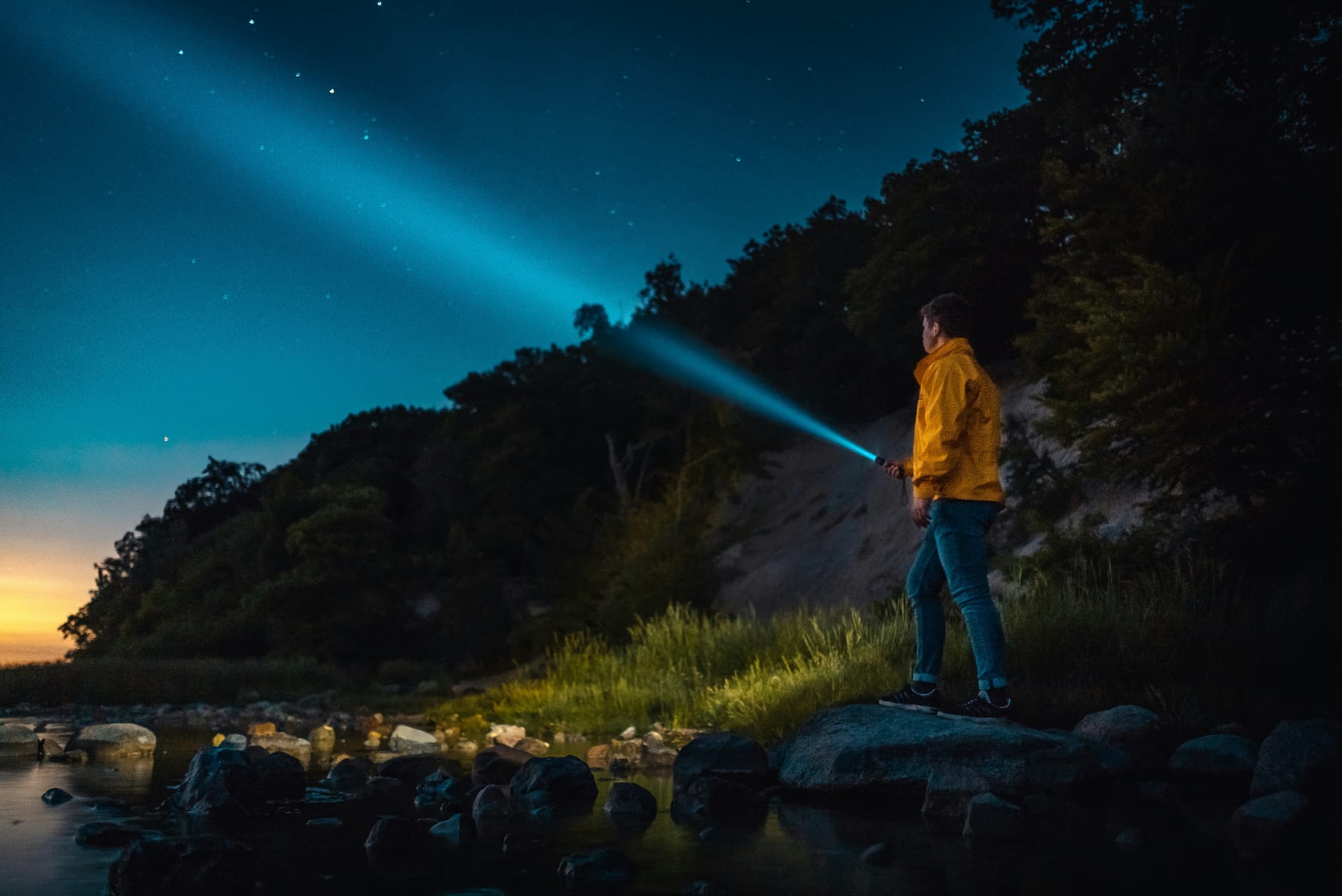
3. A sturdy pen and a small notebook
People who live outdoors write things down constantly.
Fence measurements. Feed amounts. Coordinates for a trail. A neighbor’s phone number. A sketch of a part you need to order. Tasks for tomorrow. A reminder to fix that loose hinge. These small notes save hours of forgotten details.
A notebook is not for journaling. It is a tool like any other. It sits in a pocket of your bag and fills slowly with useful information. A sturdy pen will write in cold temperatures, on rough paper, even in light rain.
Without a notebook, you rely on memory. Rural life punishes that quickly.
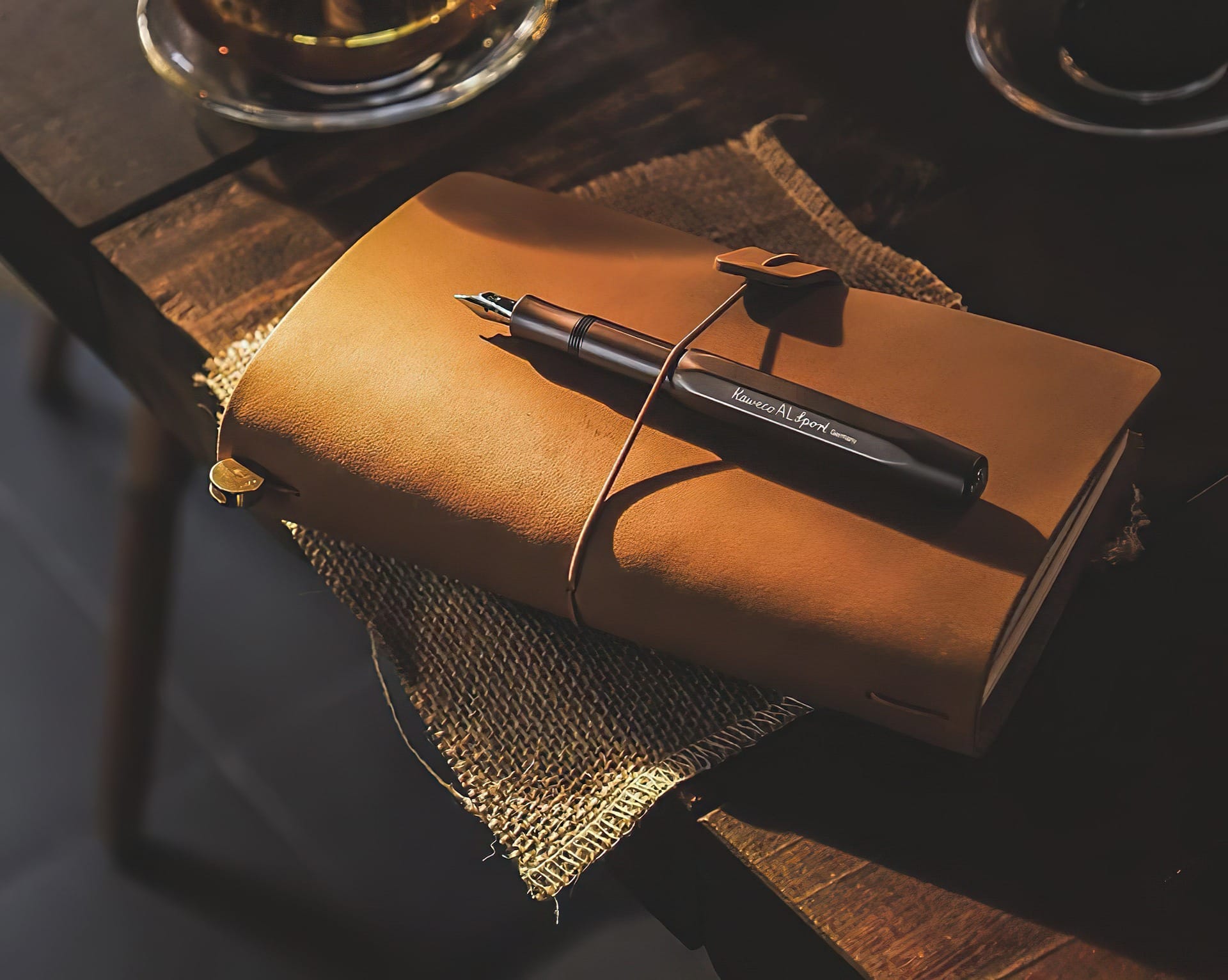
4. A lighter and a length of cord
These two items are the quiet heroes of countryside EDC.
A lighter starts a stove. Lights a fire for cooking or warmth. Burns frayed ends of rope so they do not unravel. Ignites brush piles. Melts ice stuck in old locks. Even if you do not smoke, a lighter solves something nearly every day.
Cord is even more versatile. Tie a gate temporarily. Strap a tarp. Secure a loose tool. Replace a broken bootlace. Bundle firewood. Patch something until you get home. A meter or two of strong cord weighs nothing but fixes everything.
Most experienced rural folks keep these items without thinking. They just live in the bag.
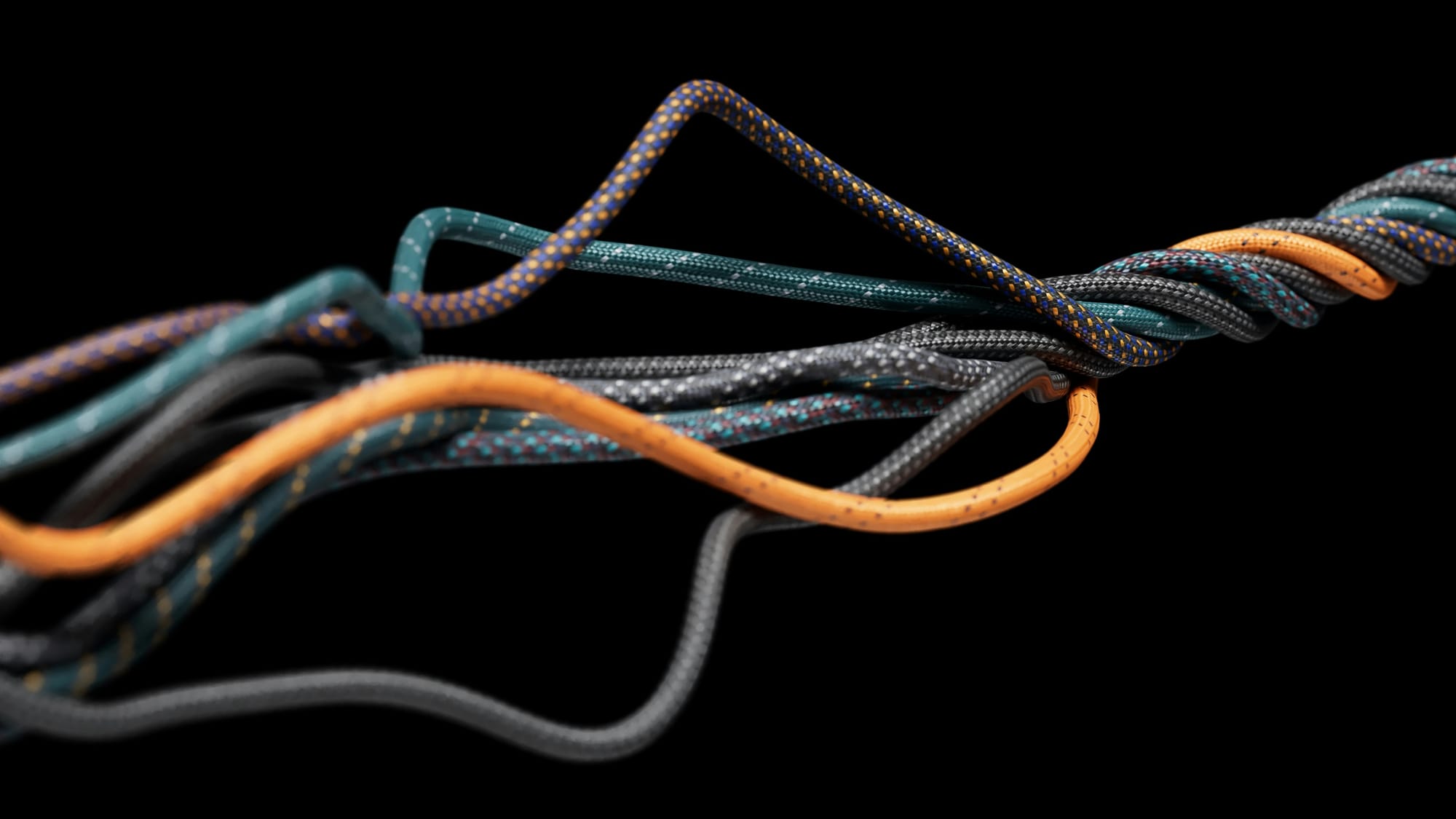
5. Thin gloves and a cloth
Work shows up when it feels like it. Gloves let you handle it.
Thin gloves protect hands from brambles, cold metal, thorns, splinters, rough bark and muddy rope. You pick up logs without flinching. Move stones. Clear a path. Hold tools comfortably in cold weather. Gloves turn discomfort into simple tasks.
A cloth is equally useful. Wipe mud off tools. Dry a knife blade. Clean condensation from binoculars. Protect gear from scratches. Dry your hands. Wrap something sharp inside your bag. A simple cloth becomes more valuable than expensive gear.
These items save your hands and your patience.
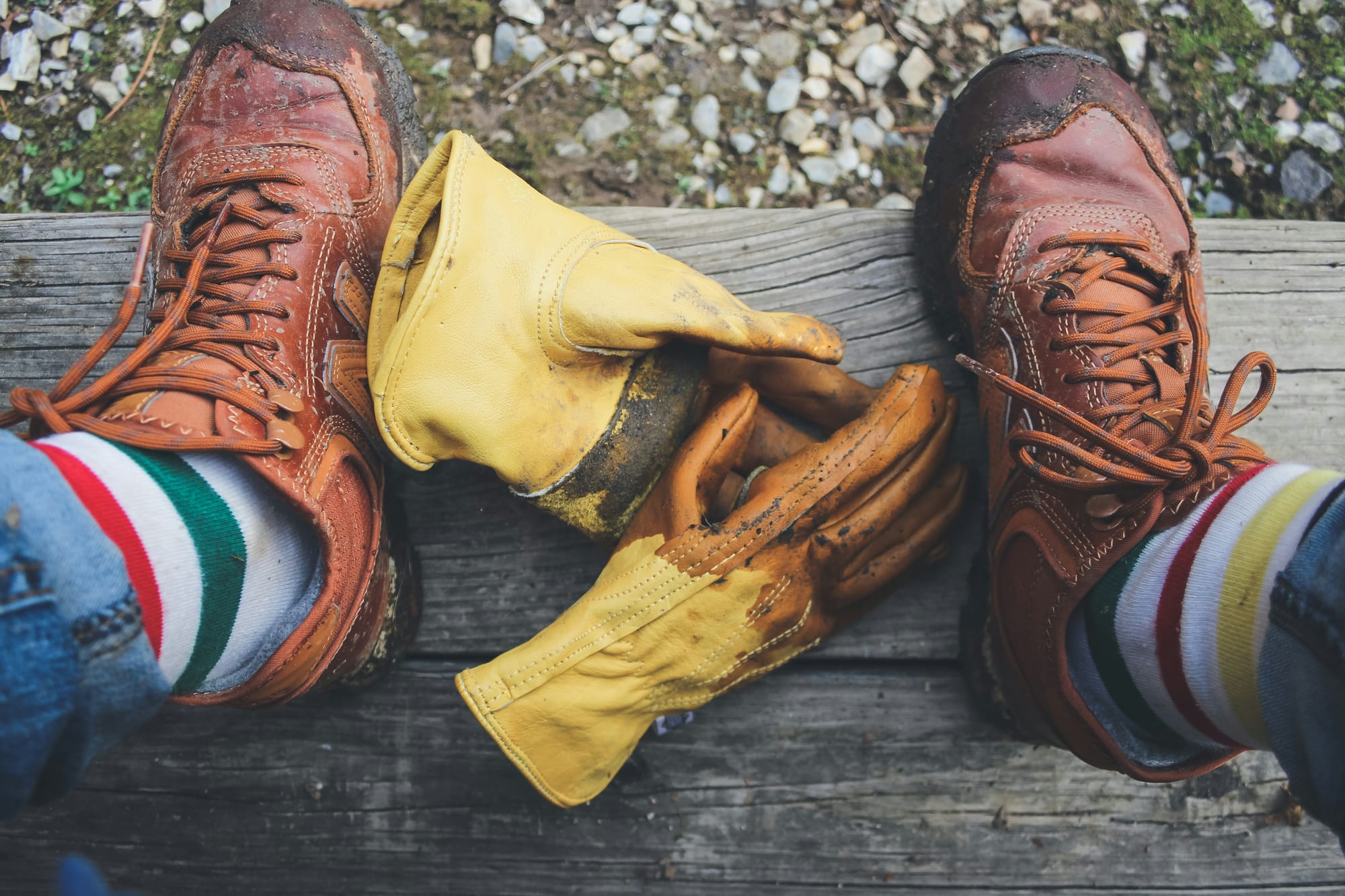
6. A compact water bottle
A small metal bottle is all you need, but it does more than you think.
Walking across fields or forest paths dries you quicker than you realize. Even a simple trip can turn long once you start exploring or doing chores. Water keeps your mind sharp and your pace steady.
Metal bottles survive drops, cold snaps and rough treatment. They do not crack, absorb smells or leak into your bag. In winter, a warm drink becomes a small morale boost. In summer, water prevents dehydration hidden under the heat.
You never regret carrying water. You regret not carrying it.
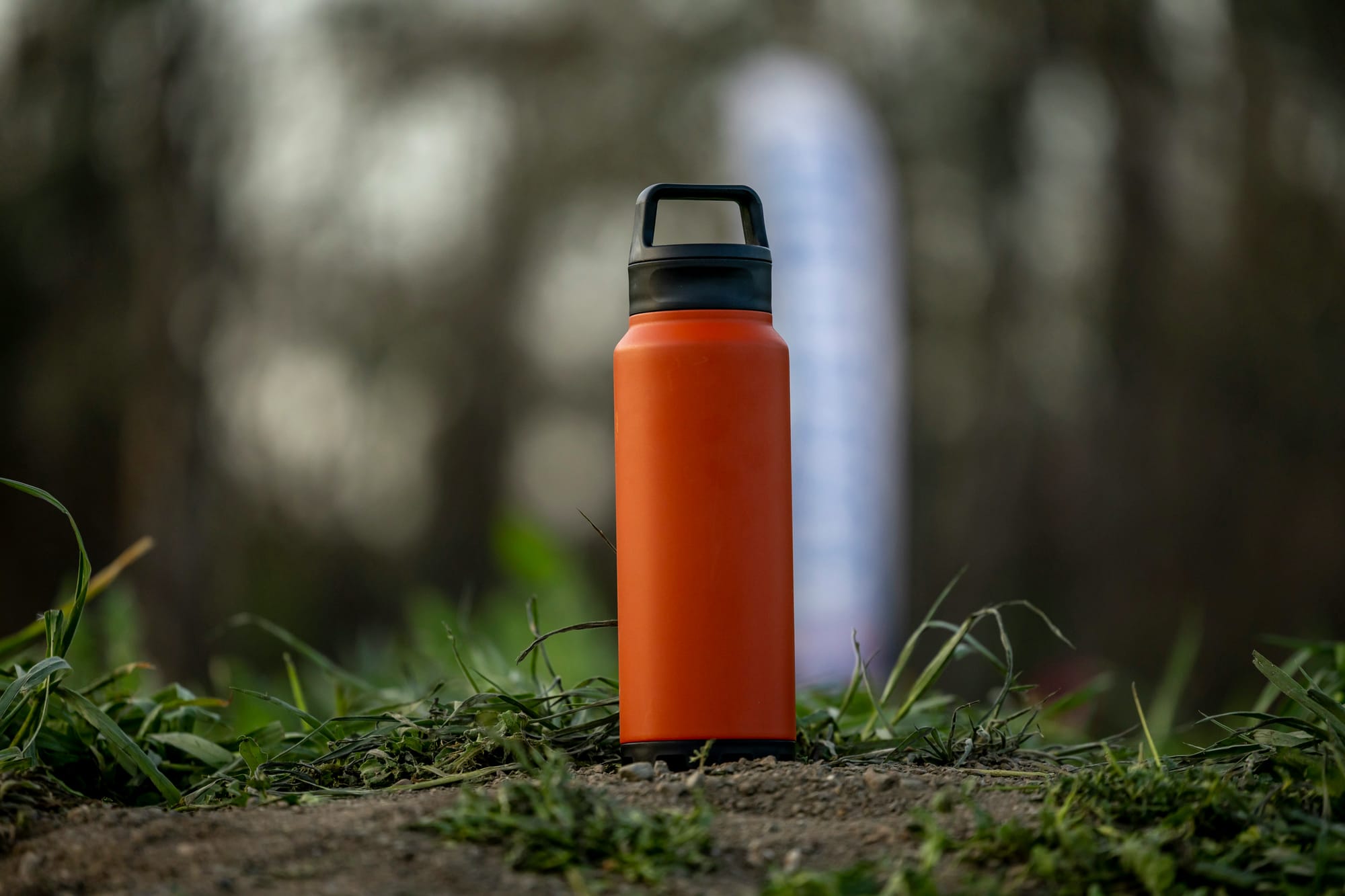
7. A compass or small navigation tool
Forests and open land can confuse your sense of direction fast.
A small compass gives you orientation even when the trail twists or fog settles in. It helps when phone signal drops, which happens more near hills, woods and rural valleys. Batteries die in the cold. A compass does not.
It is not only for long hikes. It helps you keep a straight line walking new fields, find boundary markers or return to a trail when exploring side paths. It also supports outdoor tasks like scouting new hunting spots or navigating old forest roads.
A compass weighs nothing yet adds real confidence outdoors.
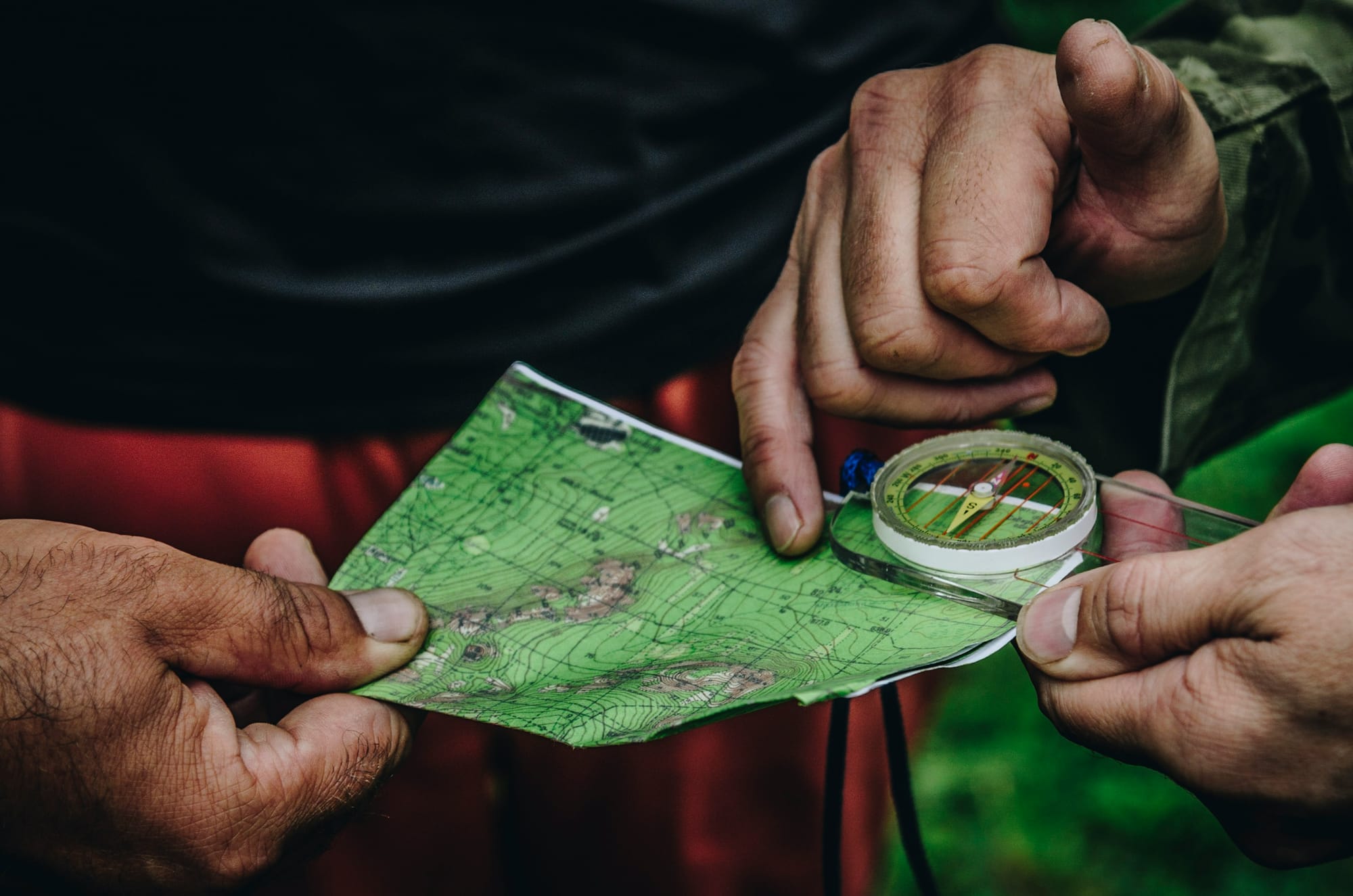
8. Optional outdoor extras that earn their place
These items depend on how you spend your days, but each one has real use in countryside travel.
Folding cup
For heating coffee or tea over coals. Perfect on long walks, cold mornings or during work breaks in the woods.
Compact field oven or stove
Bushcrafters appreciate the comfort of a hot drink or meal anywhere. A tiny stove turns any forest stop into a moment of rest.
Binoculars
Useful for spotting wildlife, locating livestock, checking distant fields or scouting terrain ahead. Even birdwatchers appreciate them.
Small multitool
Screws, bolts, wire, machinery. A multitool solves problems a knife alone cannot. Great for people who repair things daily.
Bandana
Dust mask. Cloth for wiping tools. Sling for carrying items. Quick first aid wrap. Heat shield for hot pot handles. The most underrated item in any pack.
These extras tailor your EDC to your lifestyle.
Building the carry system
Tools matter, but the way you carry them matters more.
A small shoulder bag or compact satchel is perfect for rural EDC. It handles rain, mud, branches and long walks. Waxed canvas works especially well because it survives weather and grows better with use. Choose internal pockets for your notebook, lighter, knife and flashlight so you do not dig for them.
A good bag lets you carry small tools without feeling weighted down.
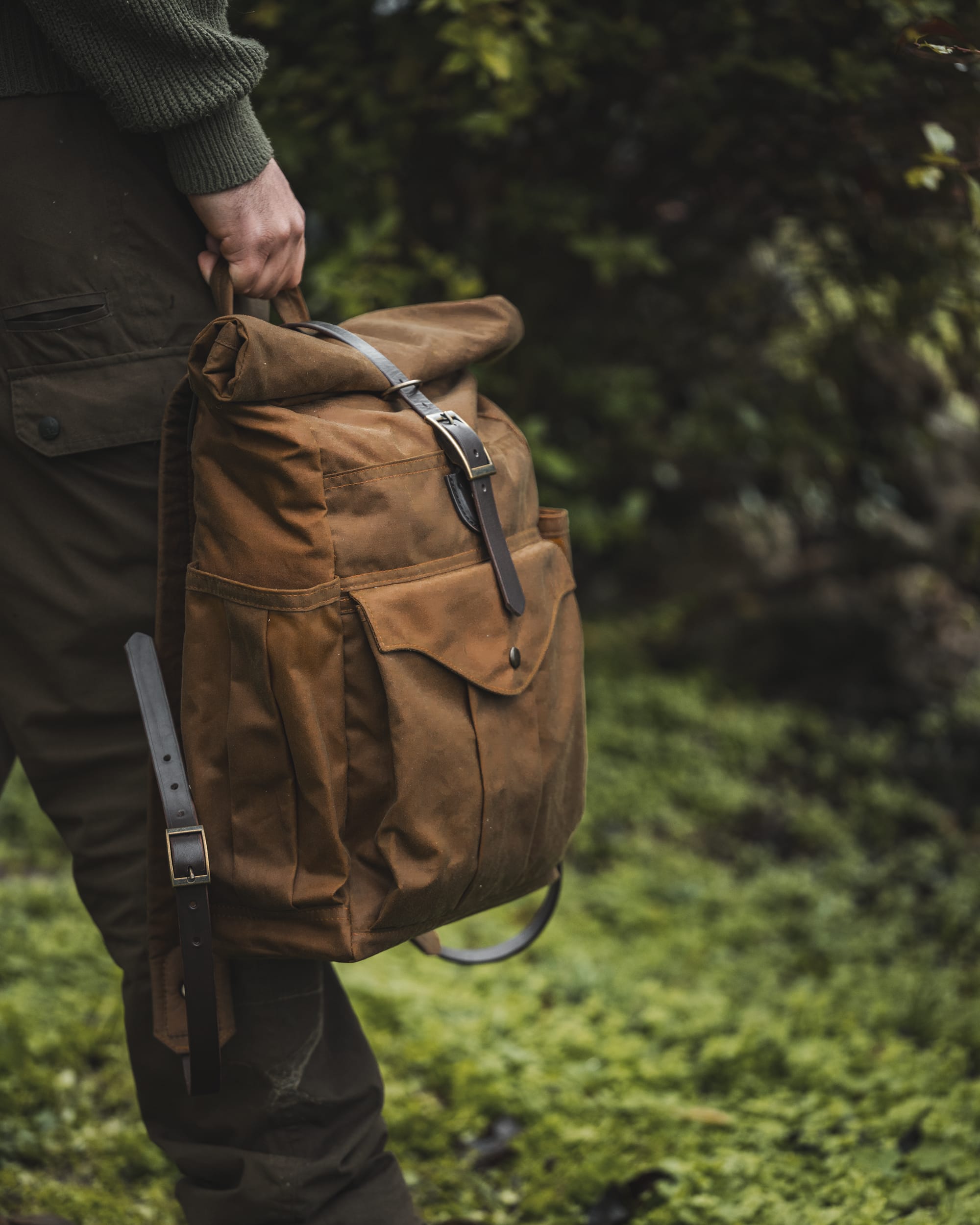
Why it matters
A reliable everyday carry setup is not about emergencies. It is about efficiency. It is about saving time, miles and frustration. It turns unpredictable country days into manageable ones.
You fix small problems immediately. You explore without hesitation. You walk forests and fields with confidence. You handle chores without wasted trips. Your gear supports your pace instead of slowing it down.
Over time your EDC becomes instinct. You reach for the right tool without looking. You refine what you carry. And eventually you realize something simple:
These small items do not just prepare you for the day.
They define how you move through it.


